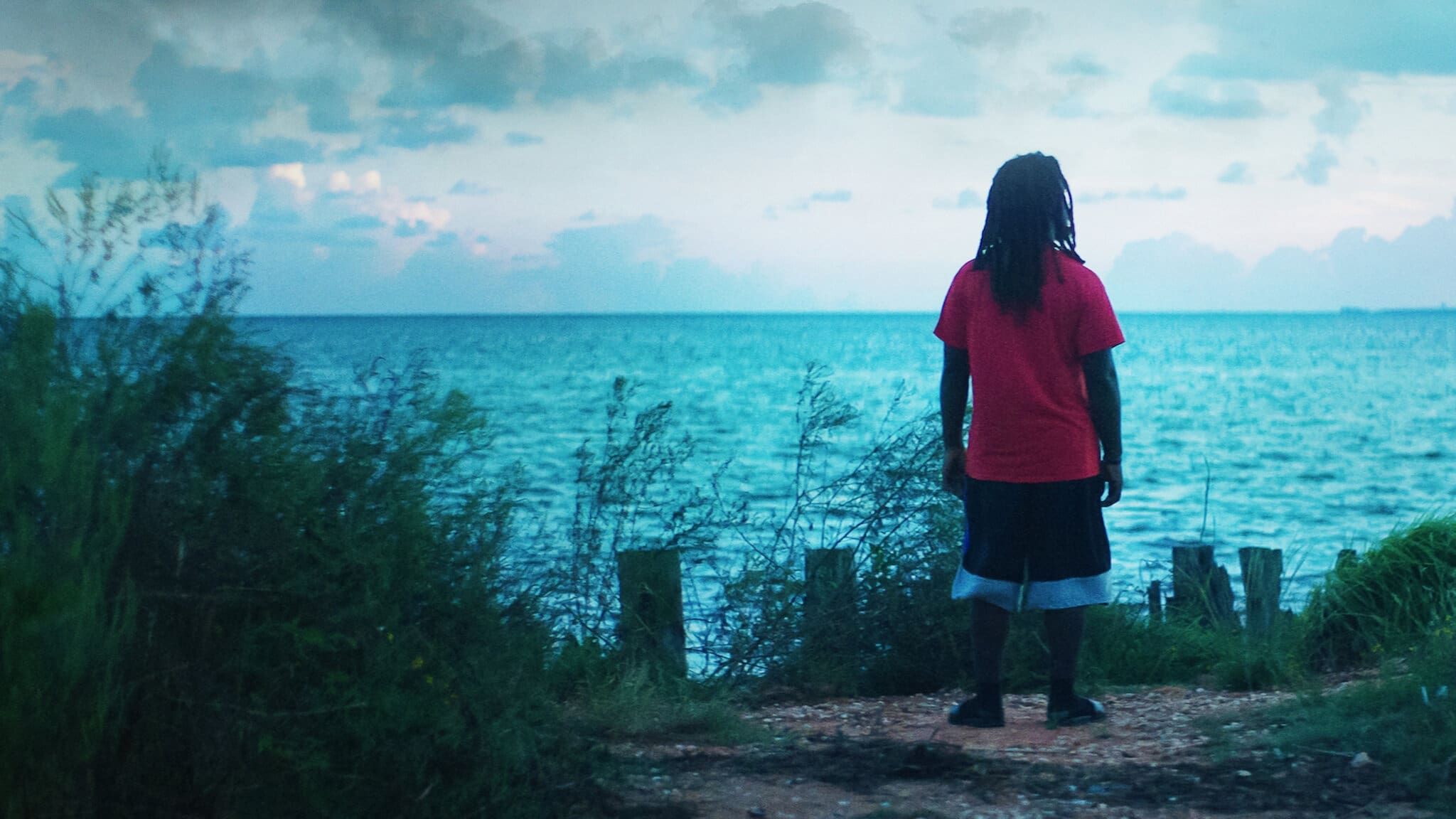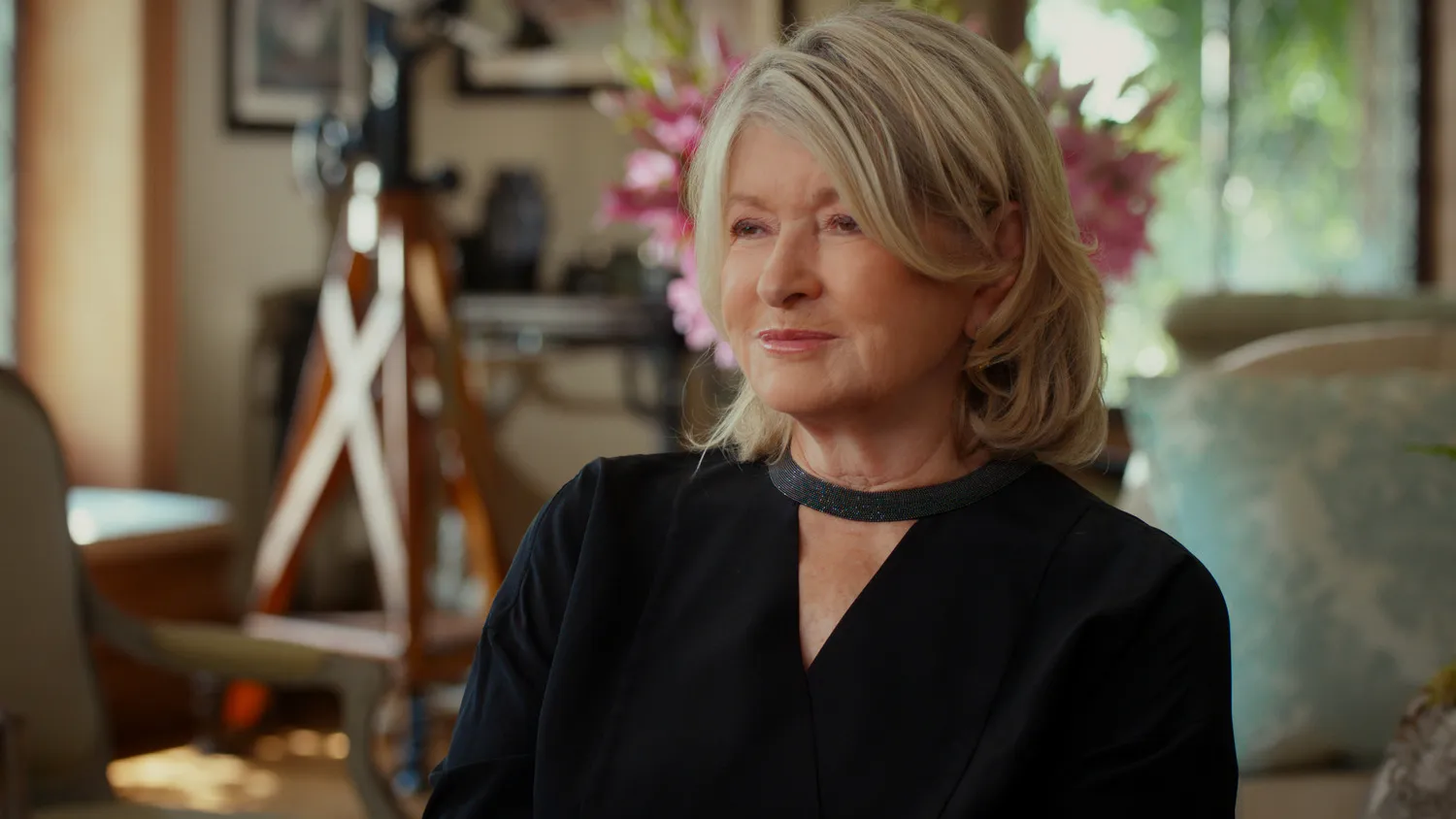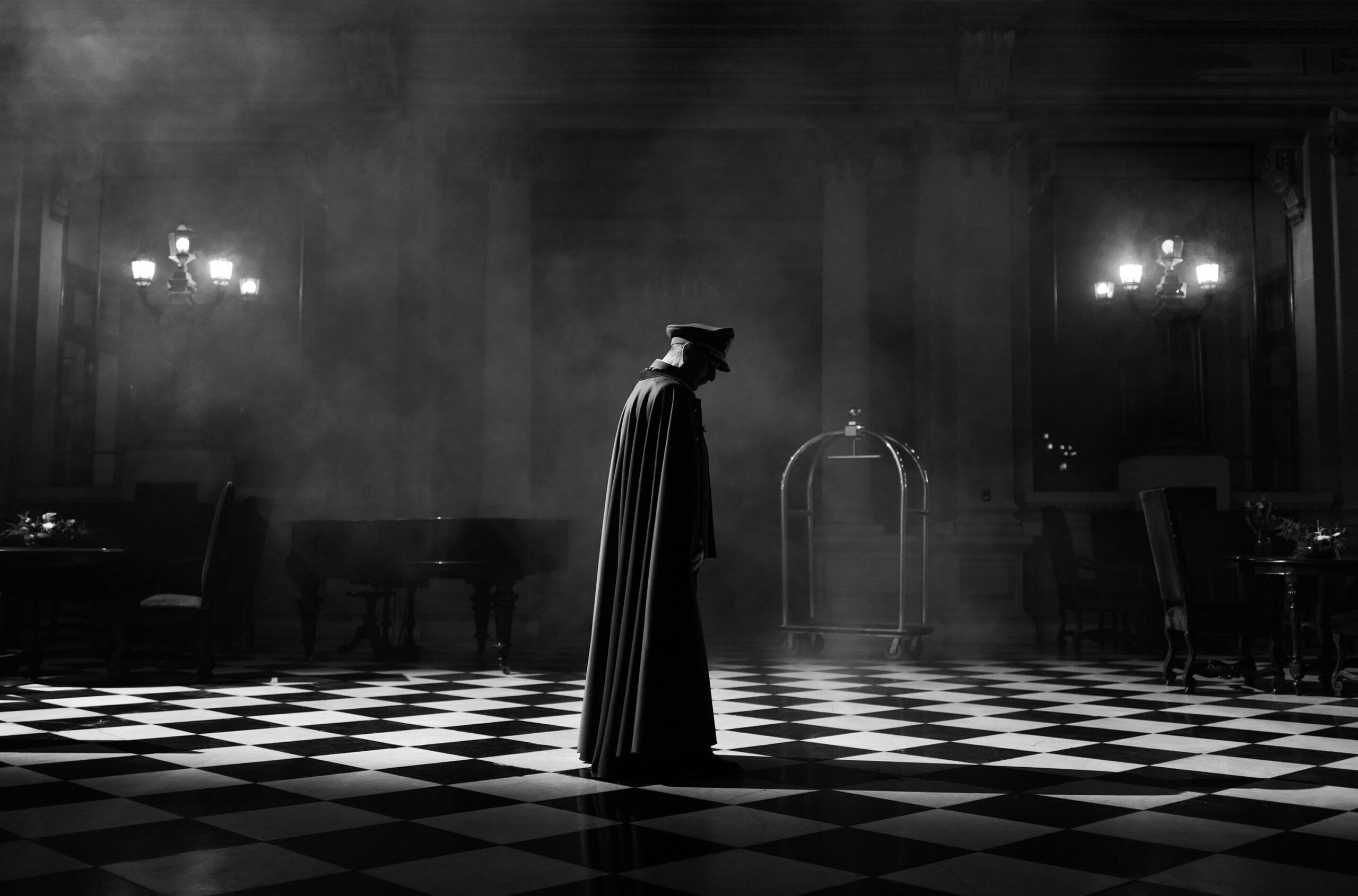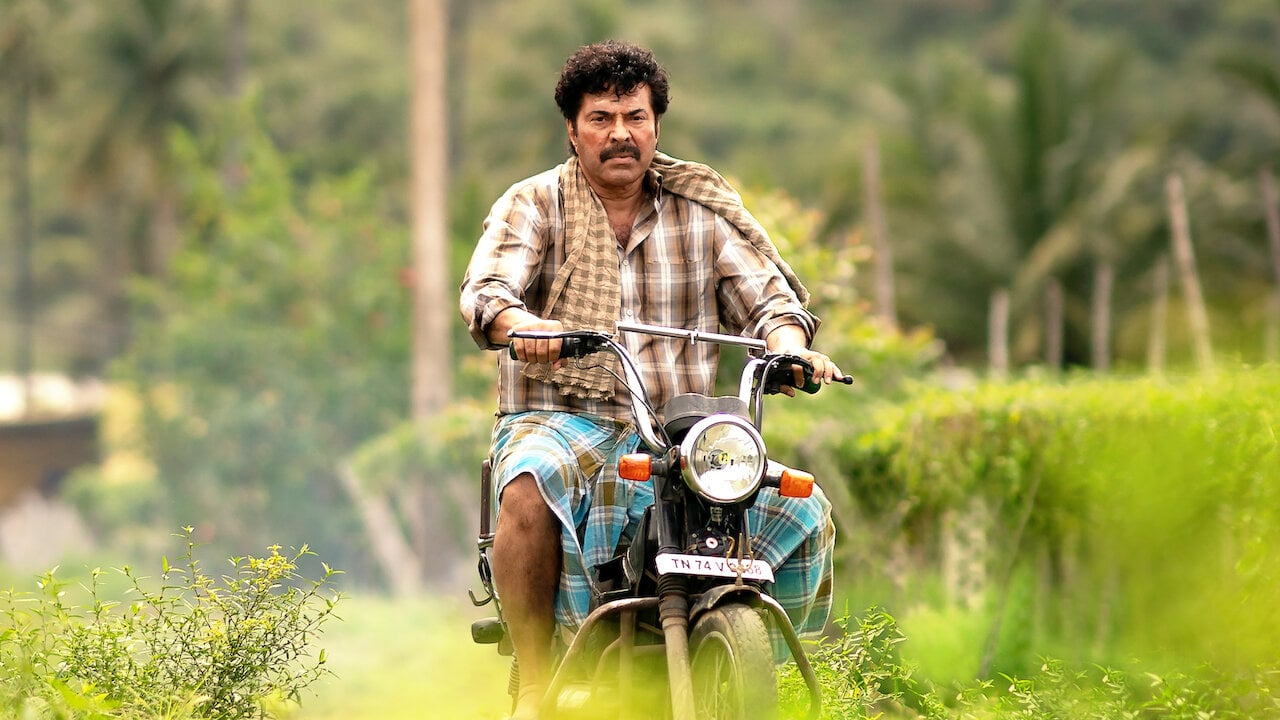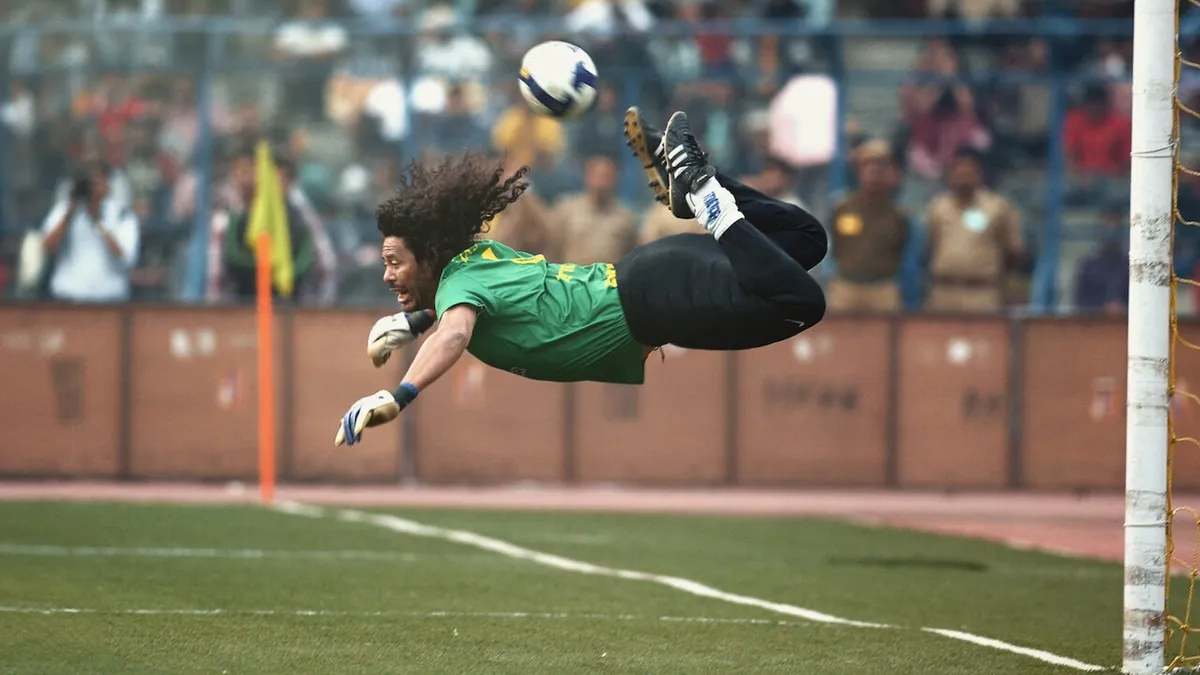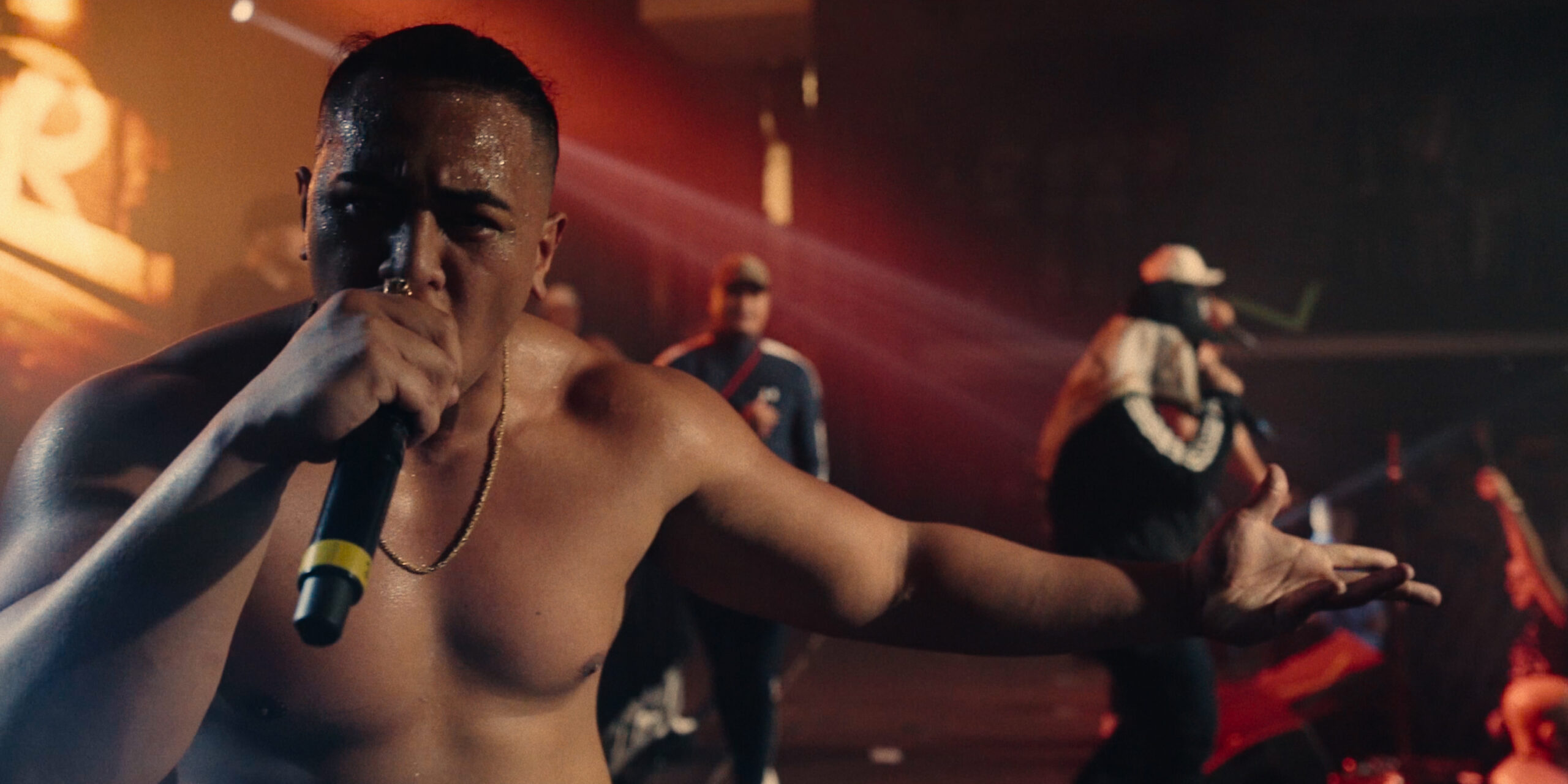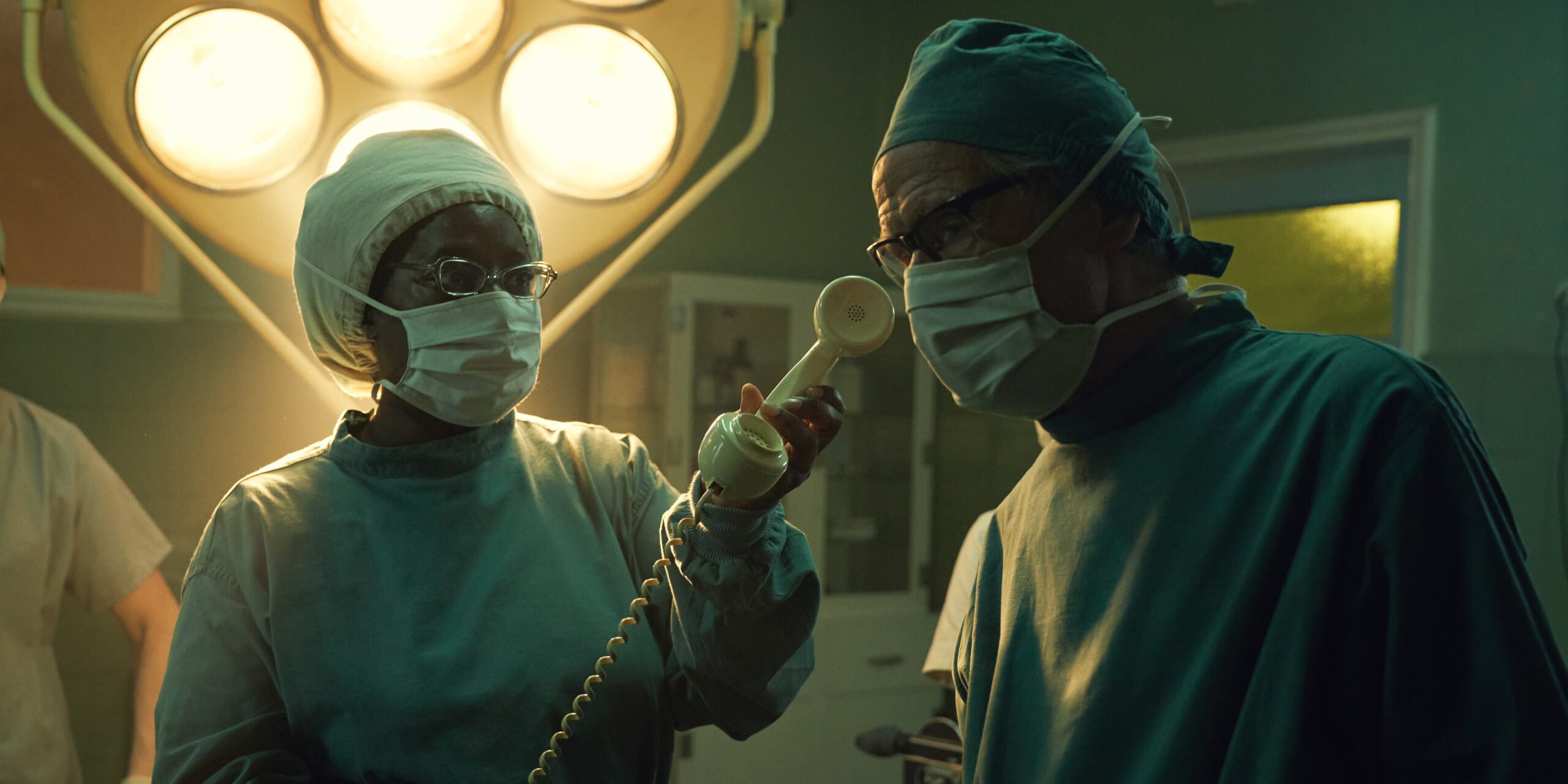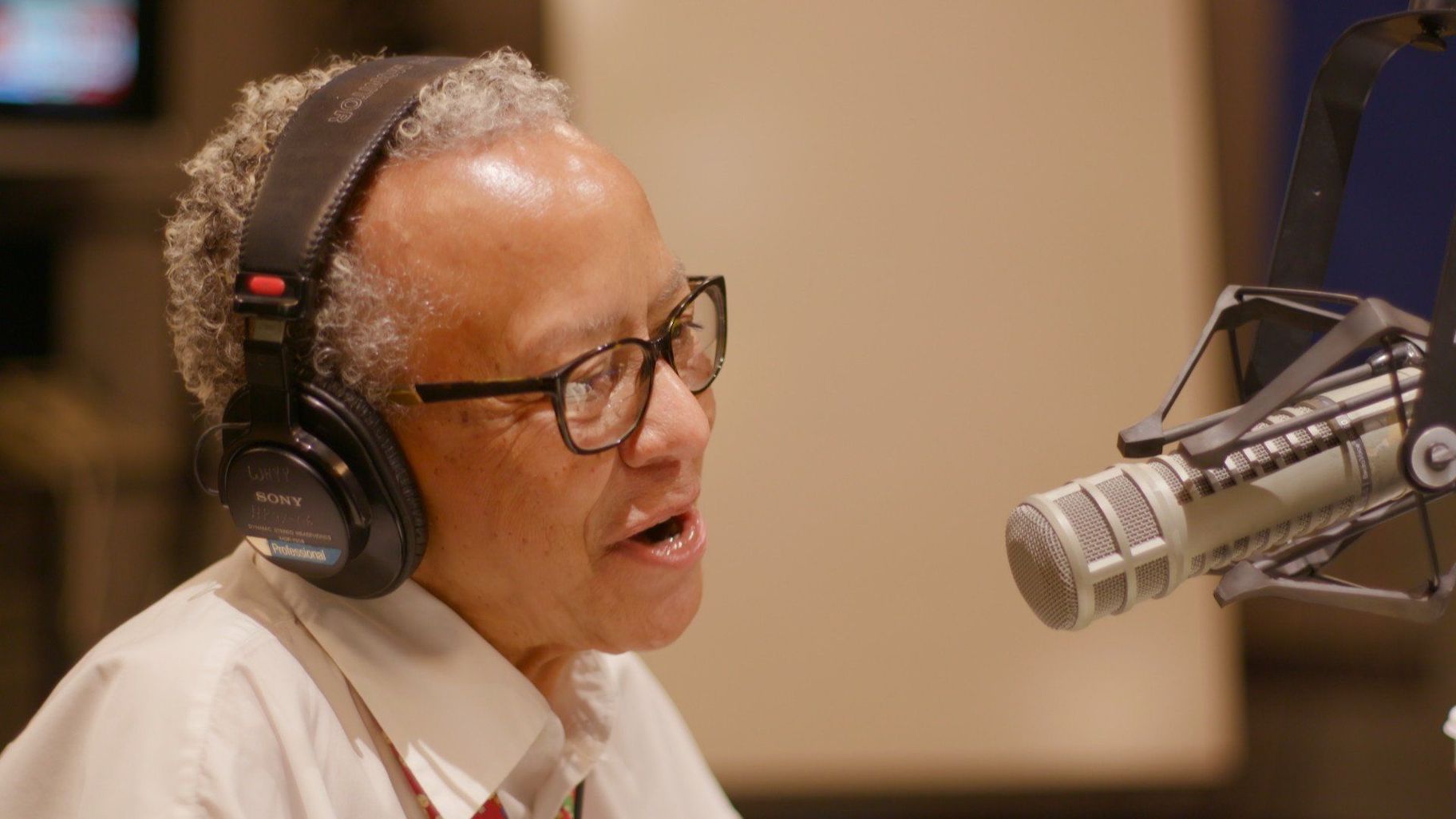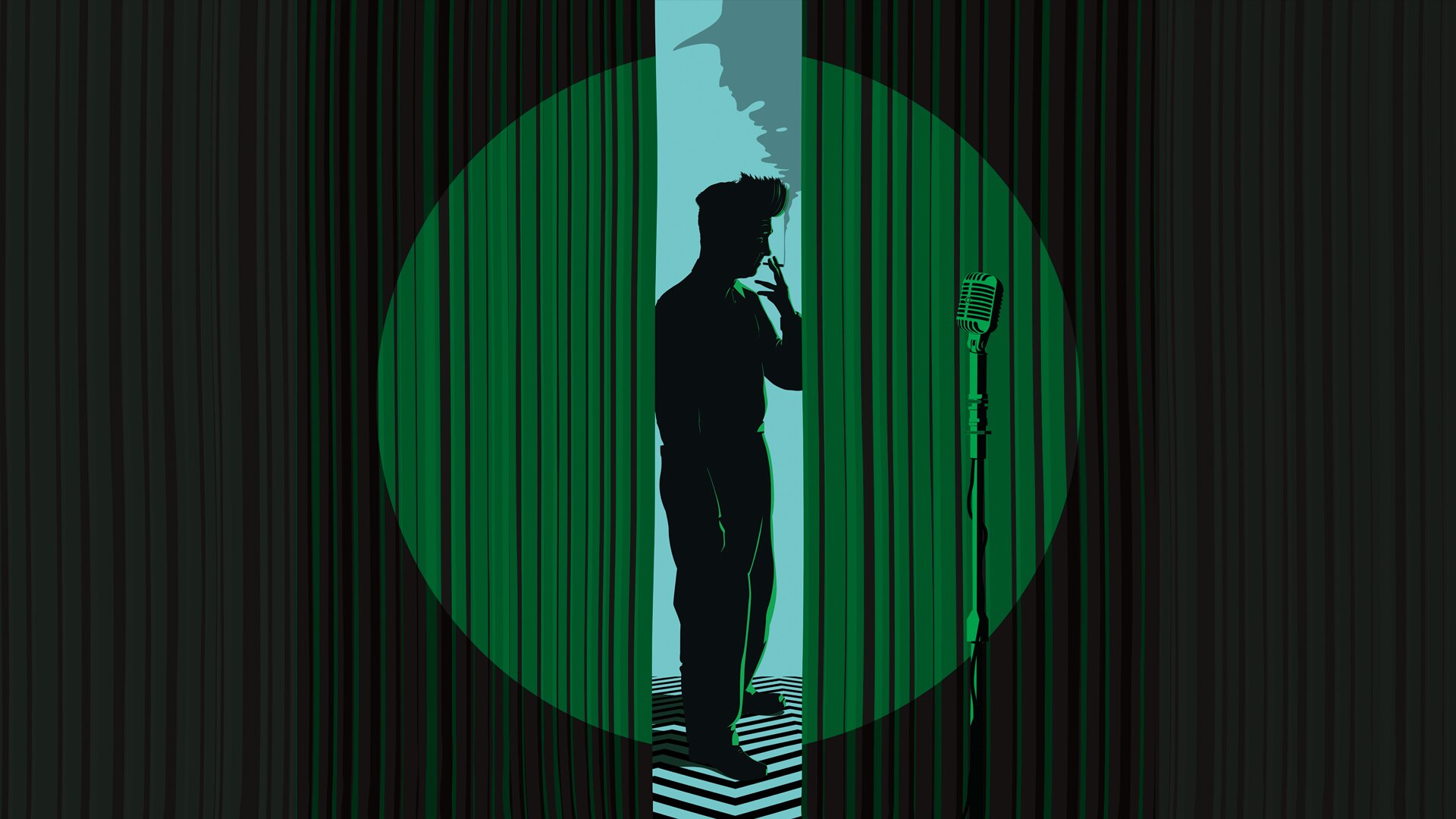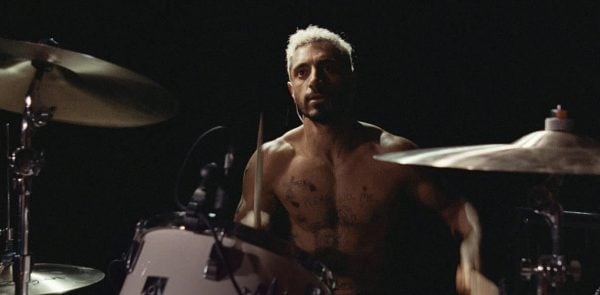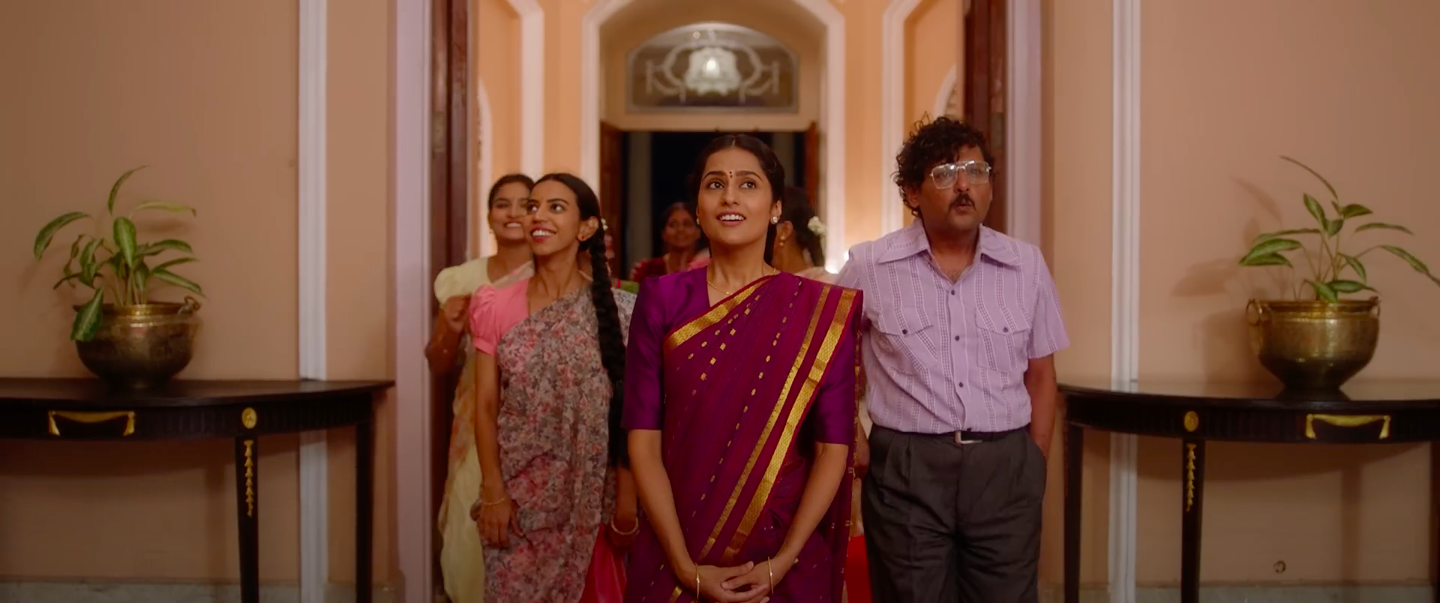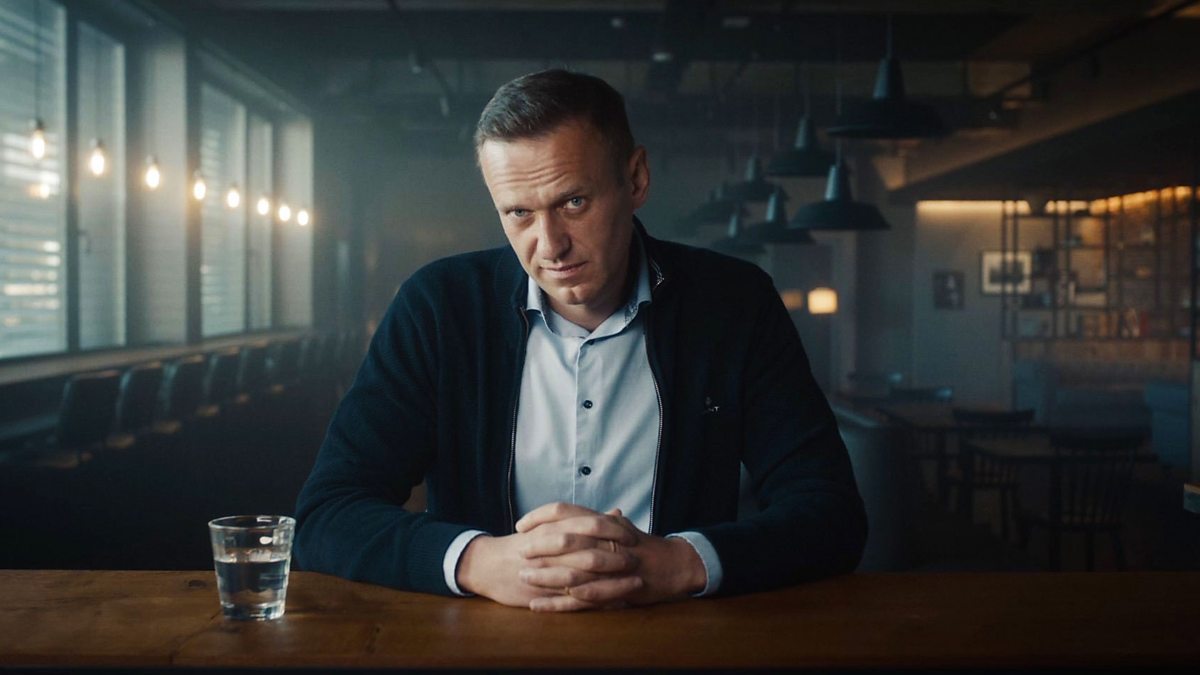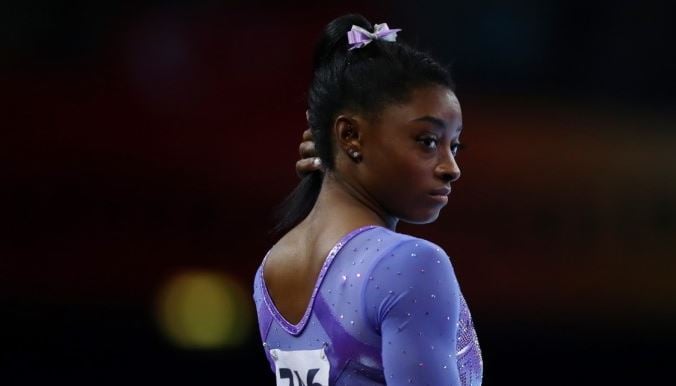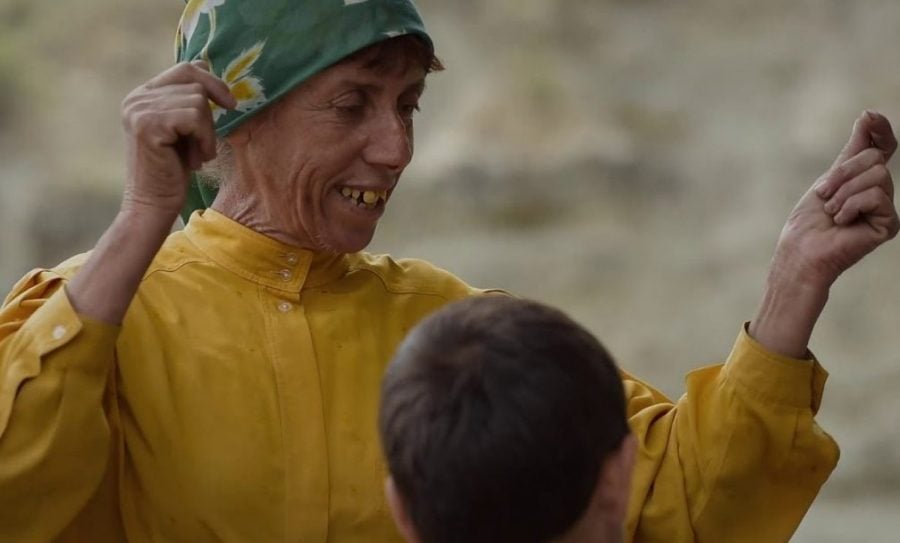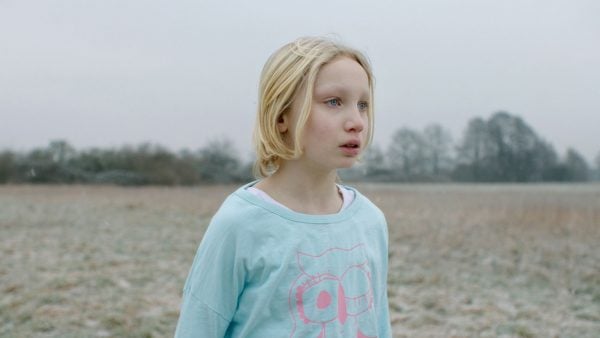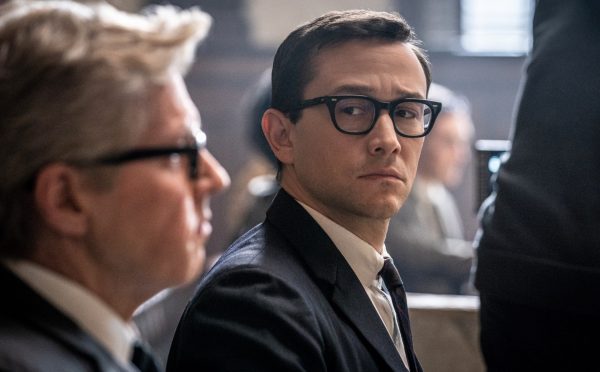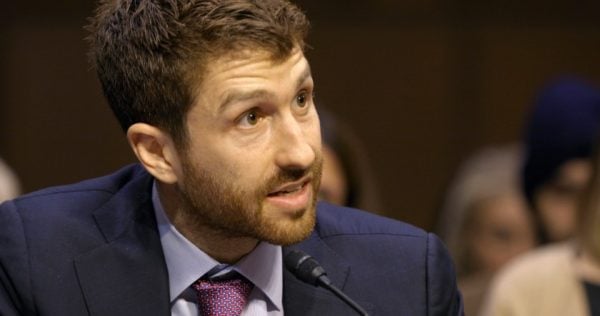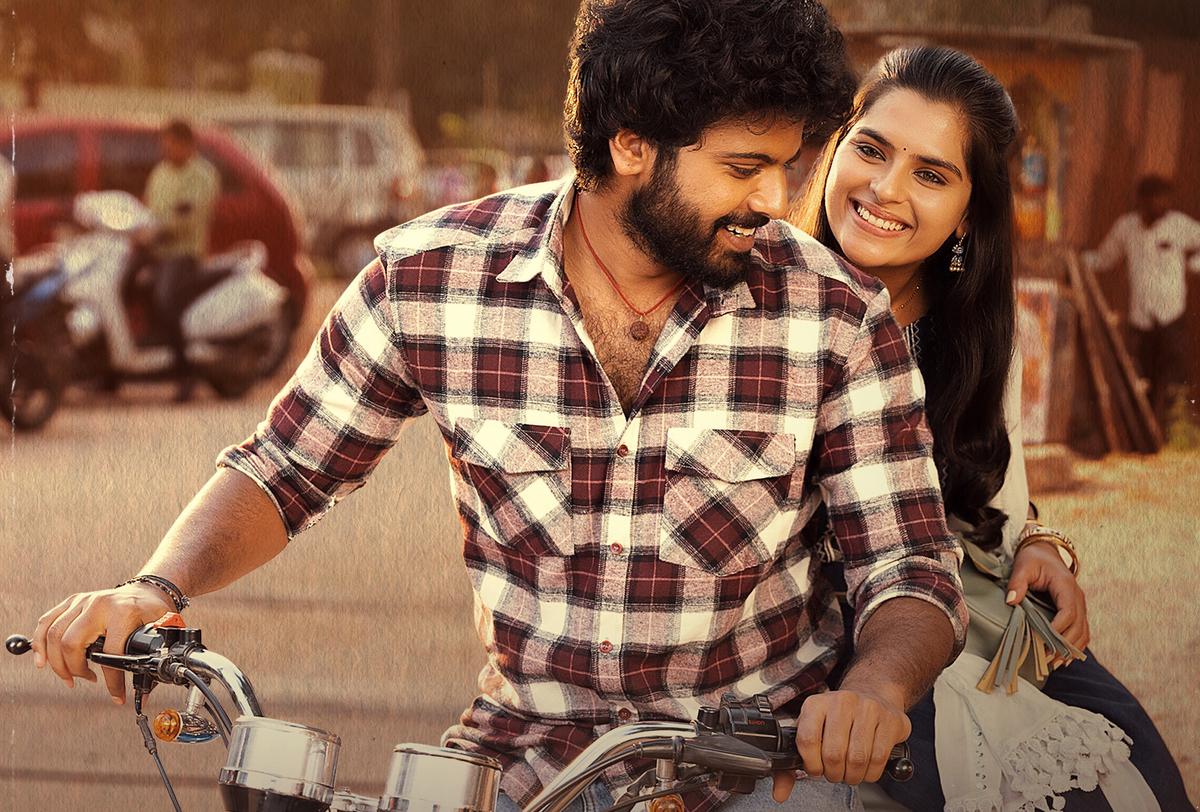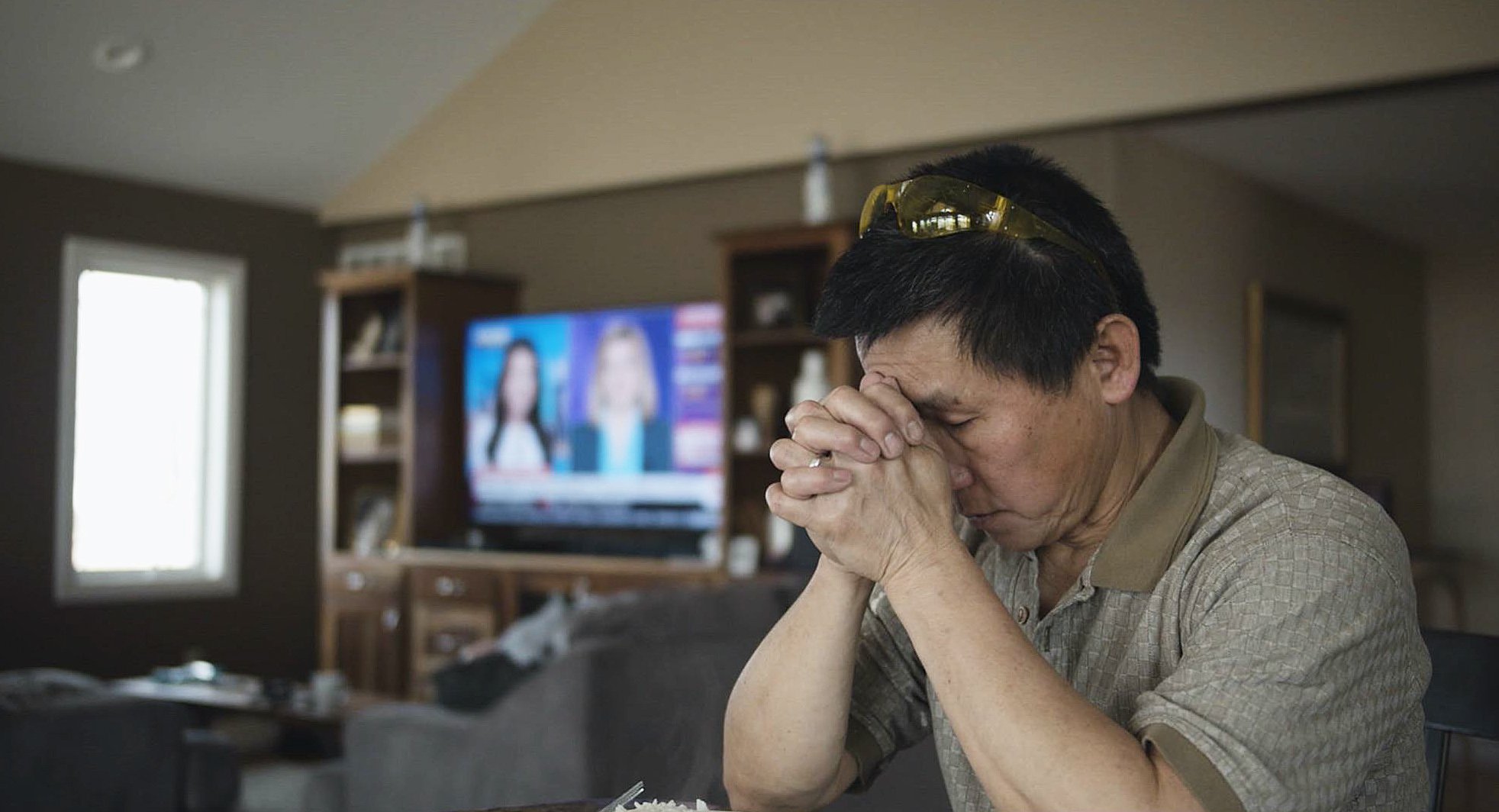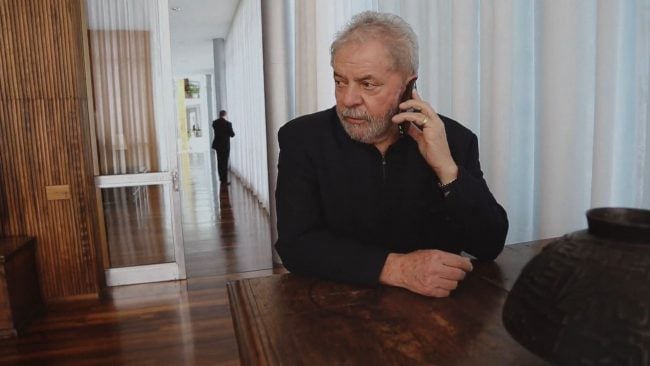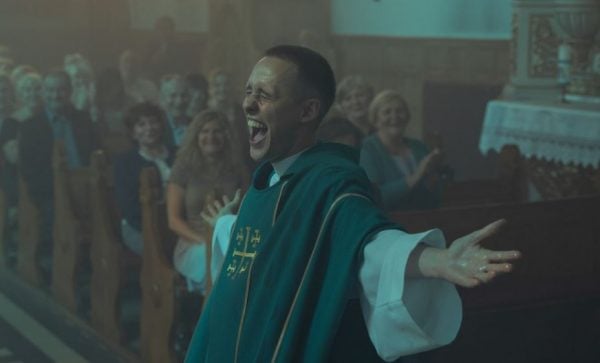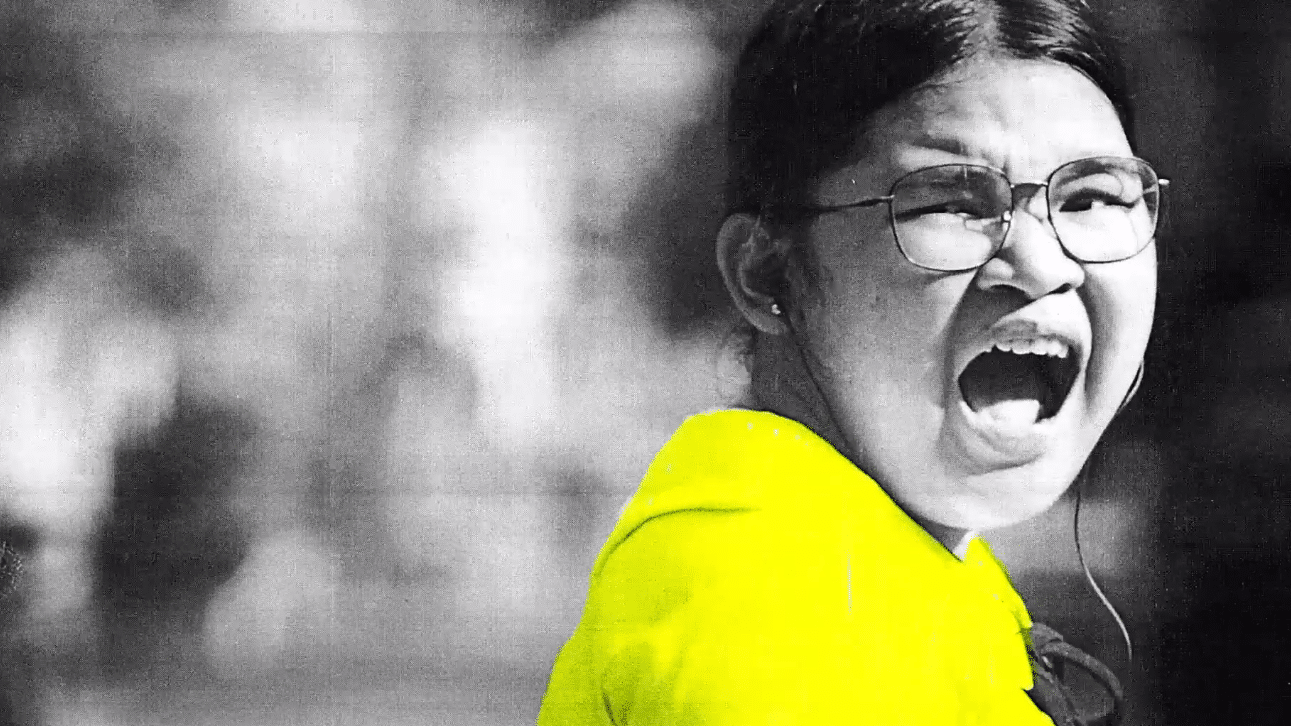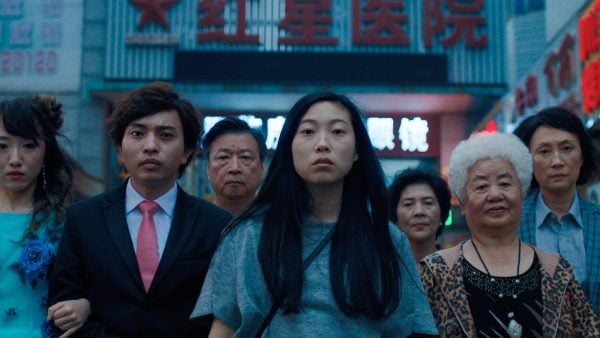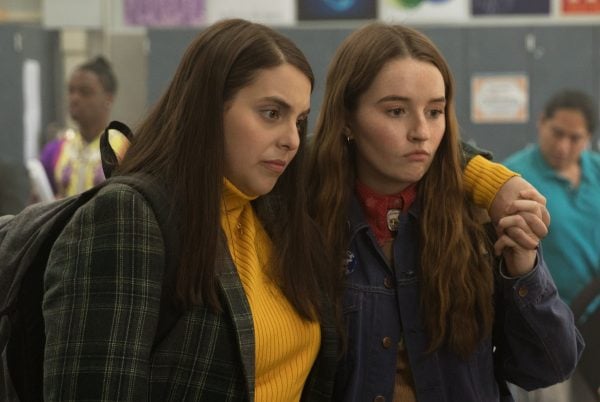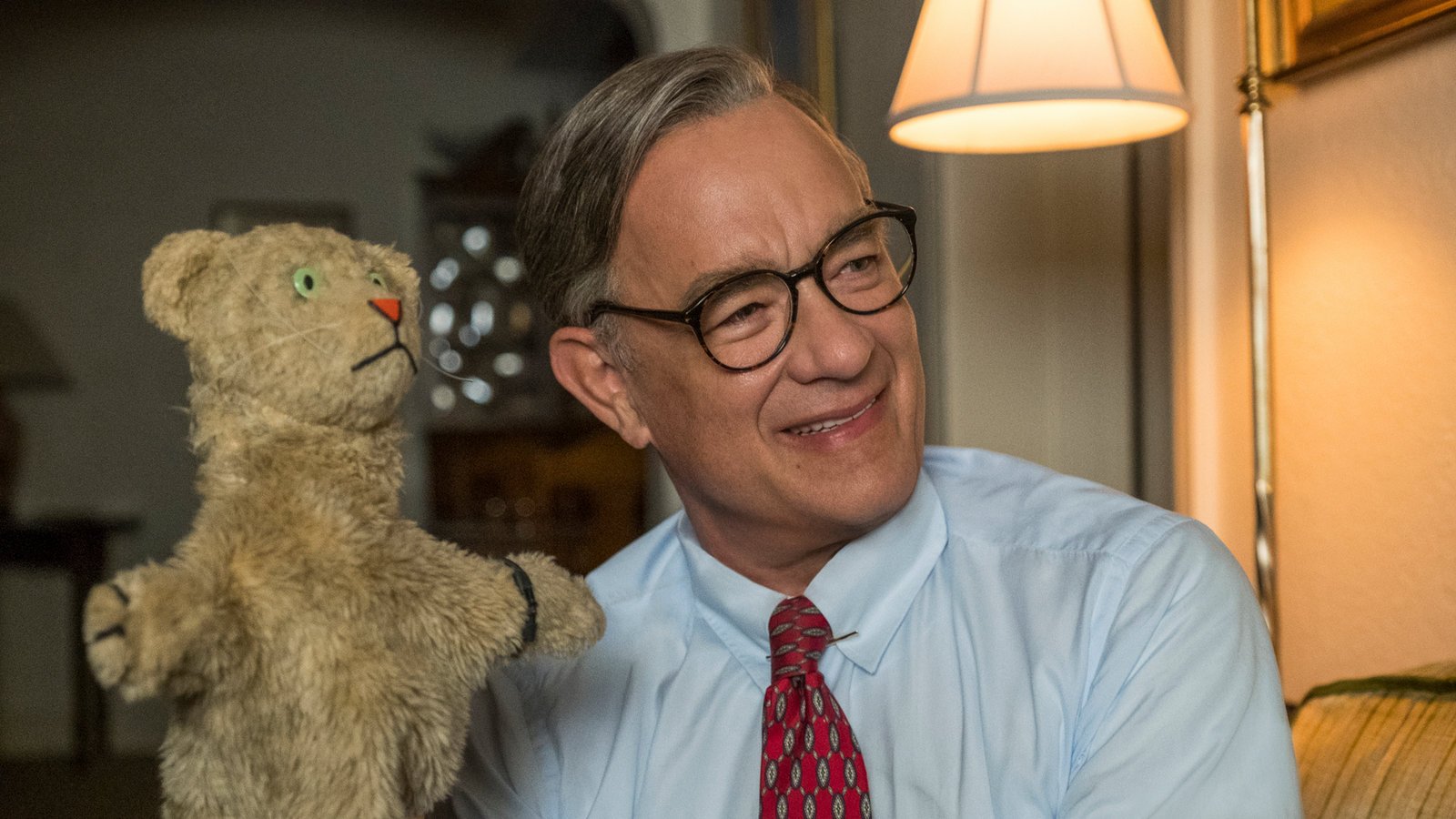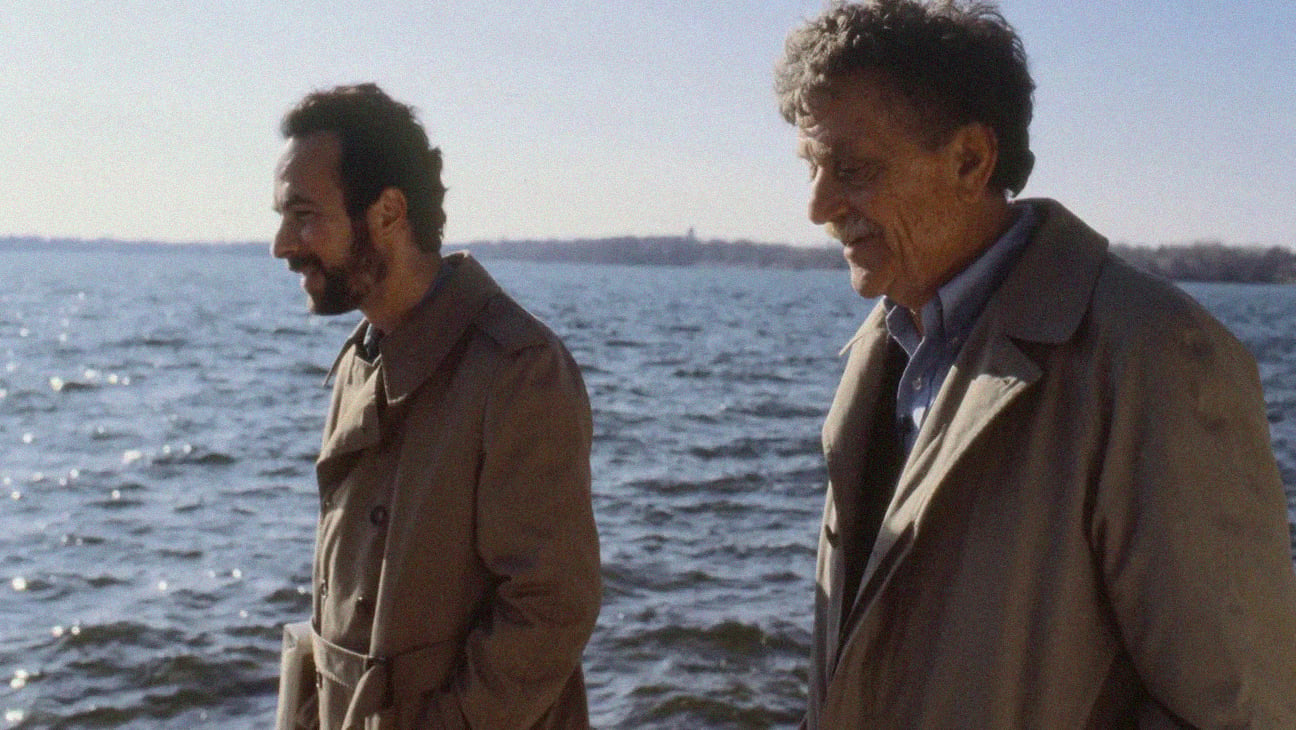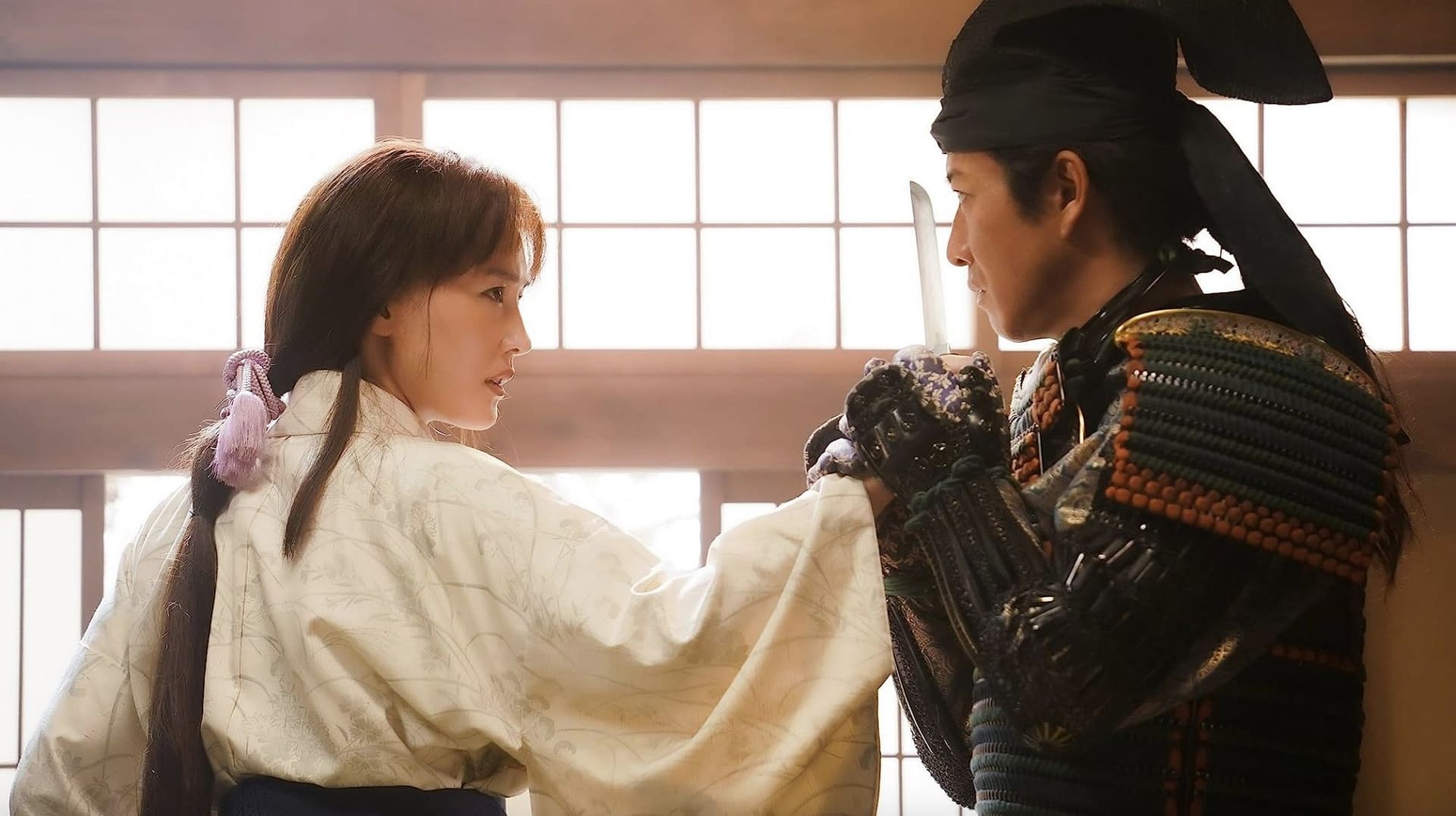Movies Like Marriage Story (2019)
There’s a degree of removal in Perpetrator which some viewers may find jarring: most visibly, in the performances, whose heightened sensitivity can seem unlikely for a horror film. That said, director Jennifer Reeder’s main conceit here is to entertain and make you think, and she doesn’t want you to get too comfortable. In the central […]
The gorgeous grain of Falcon Lake’s lush 16mm cinematography instantly gives it an air of nostalgia, as if the movie is an intimate reflection on a precious formative summer. That effect is confirmed over the film’s runtime: it takes place from the perspective of Bastien (Joseph Engel), a 13-year-old French boy whose family is being […]
At times looking and sounding like a real Filipino action film from 50 years ago, while painstakingly edited to juggle storylines across several realities, Leonor Will Never Die is worth seeing for its originality and ambition alone. Among so many other films that function as sanitized “love letters to cinema,” this one bears the distinction […]
Being an awkward comic is a very difficult trick to pull off; even self-deprecating humor and long, quiet beats in between jokes can’t just be used over and over. But while Ralph Barbosa’s incredibly chilled-out personality might not be for people who like their comedians loud and animated, his matter-of-fact punchlines and willingness to make […]
To Kill a Tiger should not be an easy watch. It’s about the gang rape of 13-year-old Kiran, a girl whose small village has shunned and blamed her for “not knowing better,” and who is being forced by community leaders to marry her abuser to “erase the stain” on herself. But instead of leaning on […]
Although Descendant is built around the finding of the Clotilda—the last ship to bring African slaves to the United States—this documentary knows that there’s so much more potent drama in the stories of the ordinary people of Africatown, Alabama. As this painful reminder of the roots of their community is salvaged from the water, their […]
It’s hard to botch a documentary about Martha Stewart, she who lived so many lives (she was a model, a stockbroker, a convict, a homemaker, and now a TikTok darling) and she who came back from one of the hardest celebrity downfalls stronger than ever. Her life is a roller coaster ride and watching the […]
After Jackie and Spencer, the dark satire El Conde is a surprise new entry in Pablo Larraín’s stacked filmography. Already, the film has prominent differences– it’s shot in black and white, starting with narration from an unseen and posh Englishwoman that makes the film’s events feel like entries in Bridgerton’s scandalous newsletter. The subject is […]
Nanpakal Nerathu Mayakkam might not immediately make sense to audiences new to director Lijo Jose Pellissery, but it’s still an interesting film that depicts Tamil culture. Also known as Like an Afternoon Dream, the contemplative bilingual film is centered around a prejudiced Malayali tour guide who wakes up as another man, specifically someone fluent in […]
When people think of football, they think of teams, and if not teams, they think of individual goalscorers. Higuita: the Way of the Scorpion focuses instead on a single goalkeeper from Latin America. To be fair, this goalkeeper is René Higuita – even just checking his Wikipedia is bound to pull some curiosity. But the […]
Documentaries about musicians — or anyone famous, for that matter — are often mythologizing puff pieces, essentially feature-length airings of PR material. But Against All Odds has more to it than flattery. It chronicles the rise of Australia’s first drill rappers, five young men of Samoan origin who soared to fame from their disadvantaged Sydney […]
In this documentary about John Allen Chau — the American Christian missionary reportedly killed when he tried to preach the Gospel to one of the last uncontacted groups in the world — a participant muses about the “fine line between faith and madness.” The hazy border where one ends and the other begins is the […]
Given the current tension around reproductive health issues, it should be no surprise that Joy might feel rather tame. To a certain extent, it is, as in vitro fertilization doesn’t have the same controversies compared to abortion. But it does hold some of the same questions, asked through straightforward dialogue from screenwriter Jack Thorne and […]
Frankly, it’s a bad idea to rush into a marriage for a financial incentive, but there’s something sweet about A Soweto Love Story with the way the plot plays out. As the brothers race to win the family home, there’s the standard romcom shenanigans where secrets are revealed and sabotage happens, but the brothers never […]
The film unfolds in the rhythm of a cow’s life: birth, mating, feeding, milking, checkups. Soon, these events become regular occurrences. Instead of showcasing the more ‘spectacular’ parts of these animal lives in order to build a narrative that’s engaging in a more conventional sense, British director Andrea Arnold opts for intimacy through banal instances. […]
To call Going to Mars a somewhat shapeless documentary isn’t a criticism. If anything, its flexibility of structure feels entirely appropriate for the woman at its center, who doesn’t necessarily defy categorization so much as she remains on the pulse of history as it continues to shift in unexpected ways. Nikki Giovanni is a person […]
Swiss filmmaker Alexandre O. Philippe gave us the free-flowing fandom doc The People vs. George Lucas in 2010 and hasn’t stopped obsessing over his favorite filmmakers ever since. Can you blame him? Dedicating years of your life to research of the the weird Lynch-verse is a mammoth task, especially since the kernel of his new […]
Ahmed plays Ruben Stone, a heavy metal drummer, who plays in a band and lives in a tour bus with his girlfriend Lou (Olivia Cooke). Quickly after meeting the couple, we witness the touring musician drastically losing his hearing. As recovering addicts with little financial means, they soon run out of options. Lou desperately wants […]
With elaborate sets, musical numbers, and an ensemble cast, Aachar and Co doesn’t feel like a regular budget-bound debut feature. In fact, director Sindhu Sreenivasa Murthy, who also stars as Suma, pulls off this family drama with a whimsical yet period-accurate, Wes Anderson-esque style. This style keeps the film’s nostalgic and lighthearted tone, even as […]
In the words of the journalist Christo Grozev, Alexei Navalny isn’t just a politician; he’s also an internet personality, reporter, investigator, lawyer, and opposition leader who’s up against one of the biggest regimes in the world. He’s a dangerous man, a top Kremlin target, and the documentary gives us incredible access into the ins and […]
This groundbreaking documentary follows the USA Olympics sexual abuse case that made headlines in 2015. Through interviews with Olympians, their families, and investigative reporters, it’s also a documentary on the overall culture of abuse in gymnastics: sexual, physical, and emotional. In one scene from the 1996 Olympics, gold medalist Kerri Strug has to run, vault, […]
The first movie to be nominated for both the Documentary and Foreign-Language Oscar categories and the most awarded film of the 2019 Sundance Festival, Honeyland quietly accompanies the last wild beekeepers in Europe over three years. It portrays the lonely and primordial life of Muratova, which is centered around harvesting honey according to the rules […]
Sweetwater has a precious story in its hands, along with a sparkling cast of tried-and-true actors and a generous budget that allows them to go all in with the movie’s 1950s setting. But the parts are far greater than the sum here, because all together, Sweetwater is a mess. It promises to be a biopic […]
While quite testing for viewers, this is one of the craziest, most high-energy movies you’ll ever watch. In this incredible German drama, child actor Helena Zengel plays Bernadette aka Benni, a traumatized 9-year-old child who tends to lash out and has been repeatedly suspended from every school she went to. Benni is a so-called “Systemsprenger” […]
From Aaron Sorkin, the creator of every liberal’s favorite 2000s political drama, The West Wing, The Social Network, and the master of the “walk and talk”, comes the dramatization of a sadly true American story from the mid-last century. In 1968, different groups from all over the country travelled to Chicago to protest the Vietnam […]
This new documentary is about the exact scale to which social media is harming us, as testified to by people from the industry: ex-executives at Google, Instagram, Facebook, and even the ex-President of Pinterest. All have left their companies for (incredibly valid) ethical concerns that they share here. It’s a blend of interview footage and […]
With whole franchises dedicated to cars and motorcycles, cinema has often regarded these individually-piloted machines as intrinsically linked with masculinity. Ustaad is the latest Telugu love letter to motorcycles and planes, as these have shaped protagonist Surya Sivakumar’s life. In debut writer-director Phanideep’s hands, Surya’s journey to becoming a commercial airline pilot is a long […]
Bad Axe is an intimate documentary that follows the Sievs, a tight-knit family that runs a restaurant in the city of Bad Axe, Michigan. When the rise of COVID restrictions and racist hate groups put their business at risk, the Sievs try to hold on to each other while also carefully, in their own way, […]
In this powerful documentary, Brazilian filmmaker Petra Costa intertwines her own family history with the democratic journey of her home country. As she says herself, Costa and her country’s democracy are of the same age. This is not the only reason why she was uniquely positioned to make a film like this: her parents were […]
Poland’s nomination for Best Foreign Language Film at the 2020 Academy Awards may have lost to Parasite, but director Jan Komasa’s film is still utterly compelling. The crazy sounding premise is inspired by true events: after having had a transformative experience in jail, an ex-convict, played by the wiry, blue-eyed Bartosz Bielenia, decides he wants […]
In Letterboxd, Cleaners was once the highest rated film of 2021, and was once in the list of the top 250 narrative features overall before the rating system changed in 2023. To viewers outside the Philippines, this might have been mind-boggling, especially since the film wasn’t yet released internationally the year it premiered, but it […]
Many things clash in this beautifully layered, semi-autobiographical film of American director Lulu Wang: cultures, morals, and emotions. The result is a type of comedy that is complex and bittersweet—and based on a true lie: this is the story of a Chinese grandma whose family won’t tell her that she is fatally ill. Instead, they […]
Do you keep re-watching Superbad when you’re hungover? Next time you are, try the film that has been praised as ‘the female Superbad”: the amazing Booksmart. Yes, it’s coming-of-age comedy, but, like Superbad, it tried something a little different. Like its two main characters, one could say it’s a bit smarter than Greg Mottola’s seminal […]
Journalist LLoyd Vogel (Matthey Rhys) scoffs at the prospect of a profile commission, or a “puff piece”, as he calls it. His self-respect and professional ruthlessness has driven people away and this assignment may well be a test from his editor. But it is serendipity that brings Lloyd to American TV host Mister Roger (Tom […]
Imagine a fanboy makes a film about his hero—you’d expect something mawkish and fawning, a tribute that praises the icon but sidesteps the flaws. Maybe in less expert hands, that could be the case. But despite being a longtime admirer of writer Kurt Vonnegut, Robert B. Weide’s documentary isn’t any of those things. Sure, it’s […]
Made to commemorate Toei Studio’s 70th anniversary, The Legend & Butterfly seemed like a good choice for this purpose. As a historical epic about the first Great Unifier of Japan, the film could have enabled the production company to show off their studio’s best in production design, set pieces, costumes, and score, through a familiar […]
























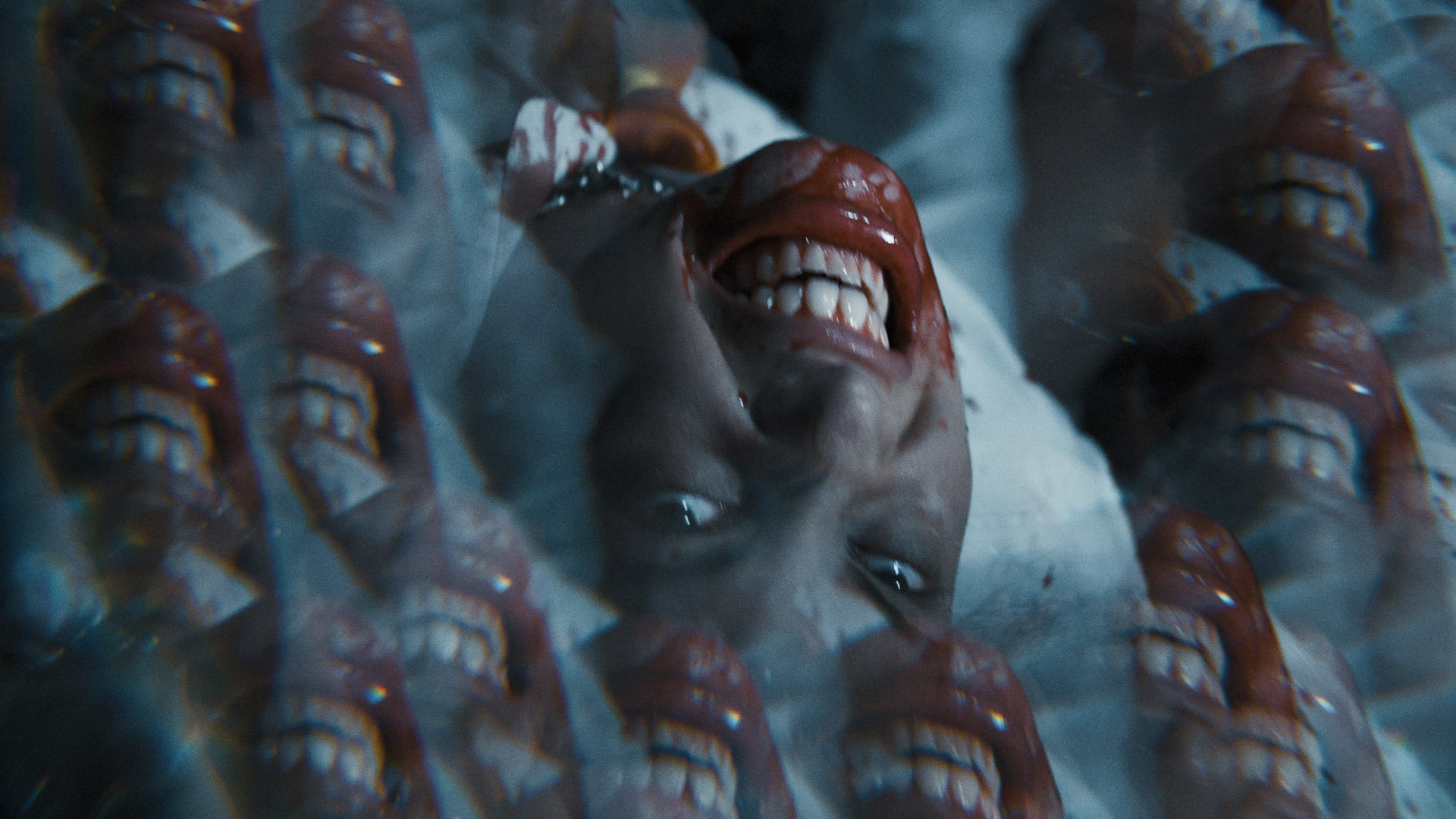
 x1
x1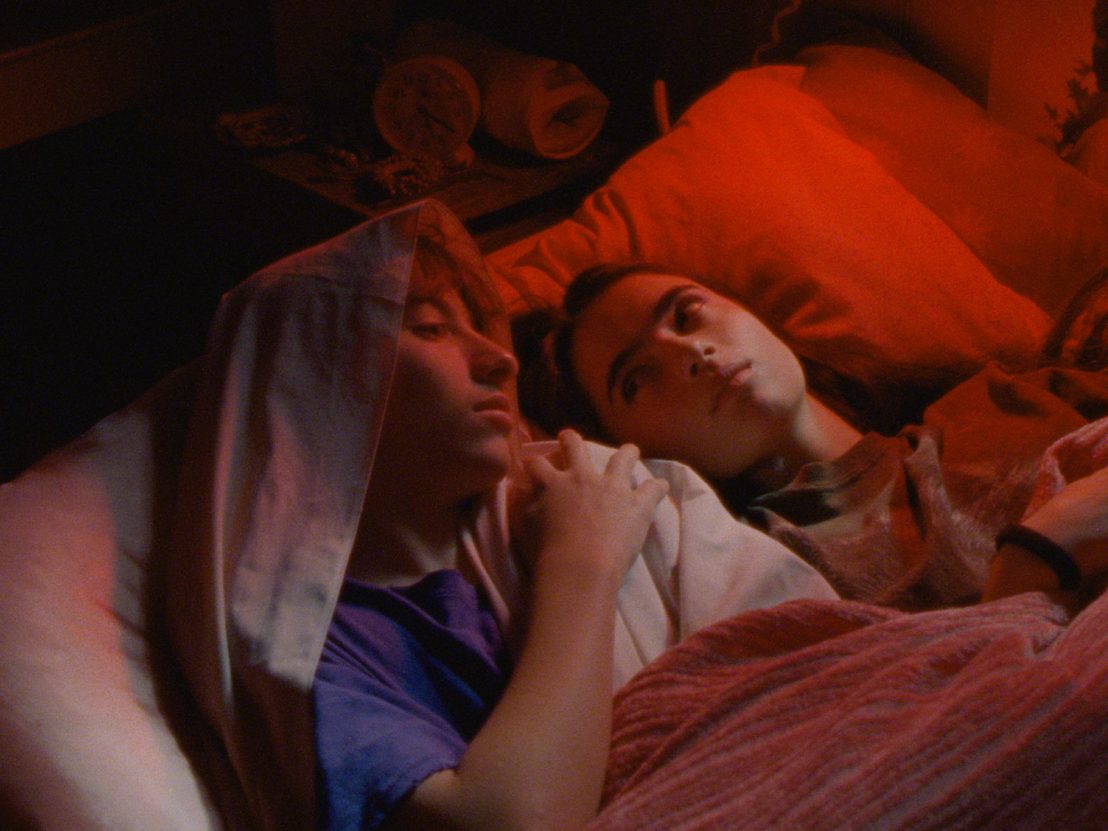
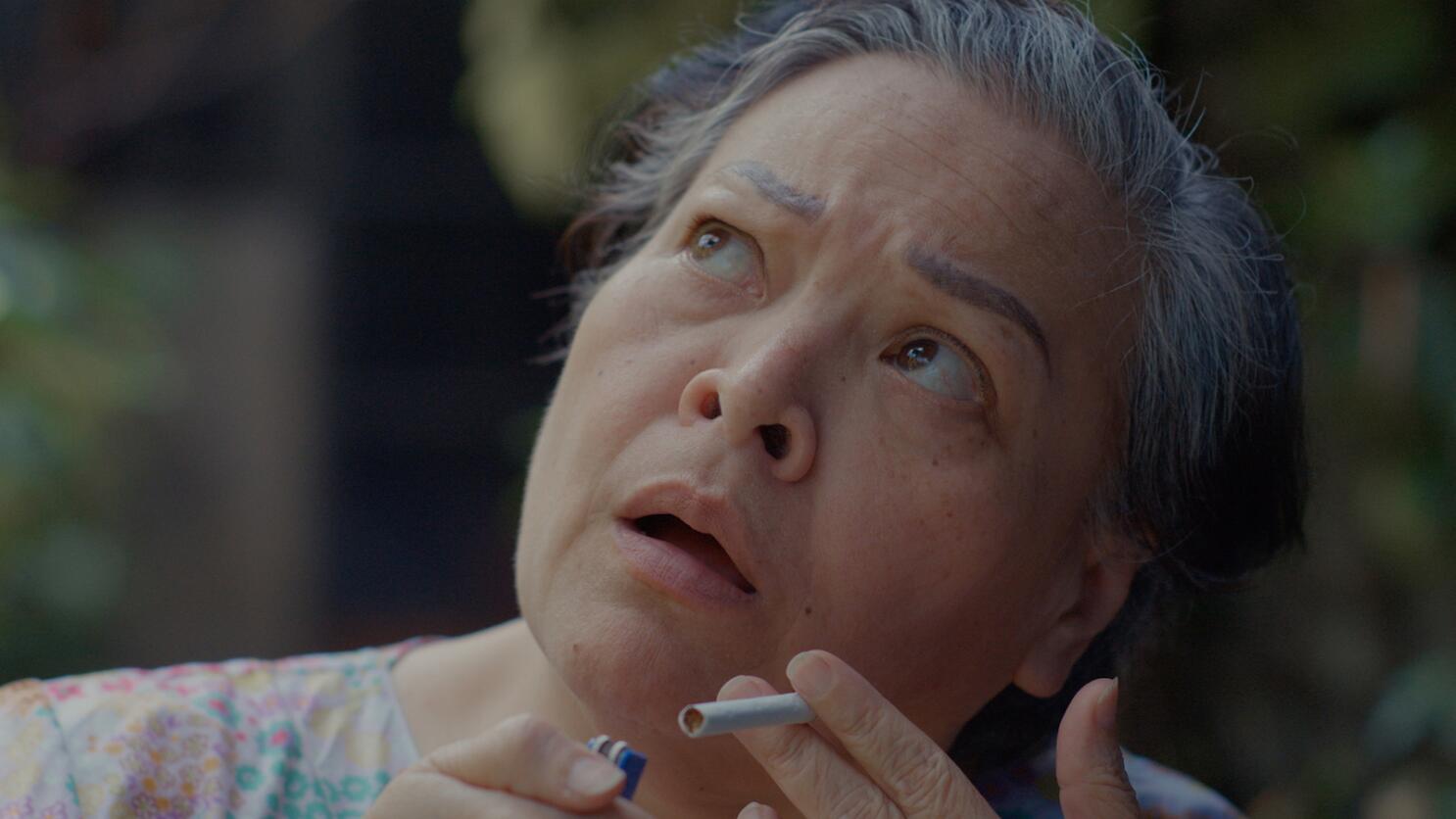
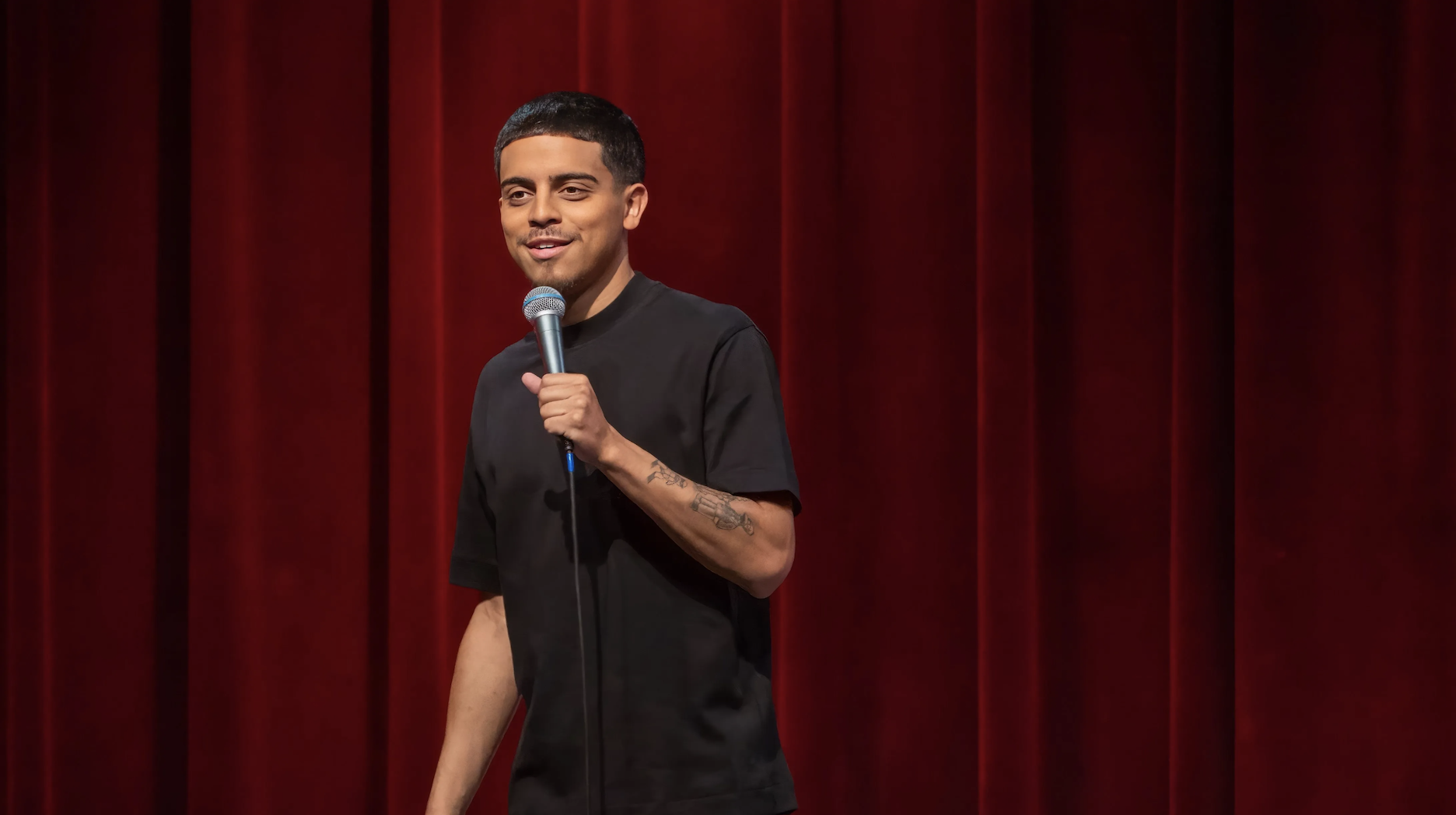
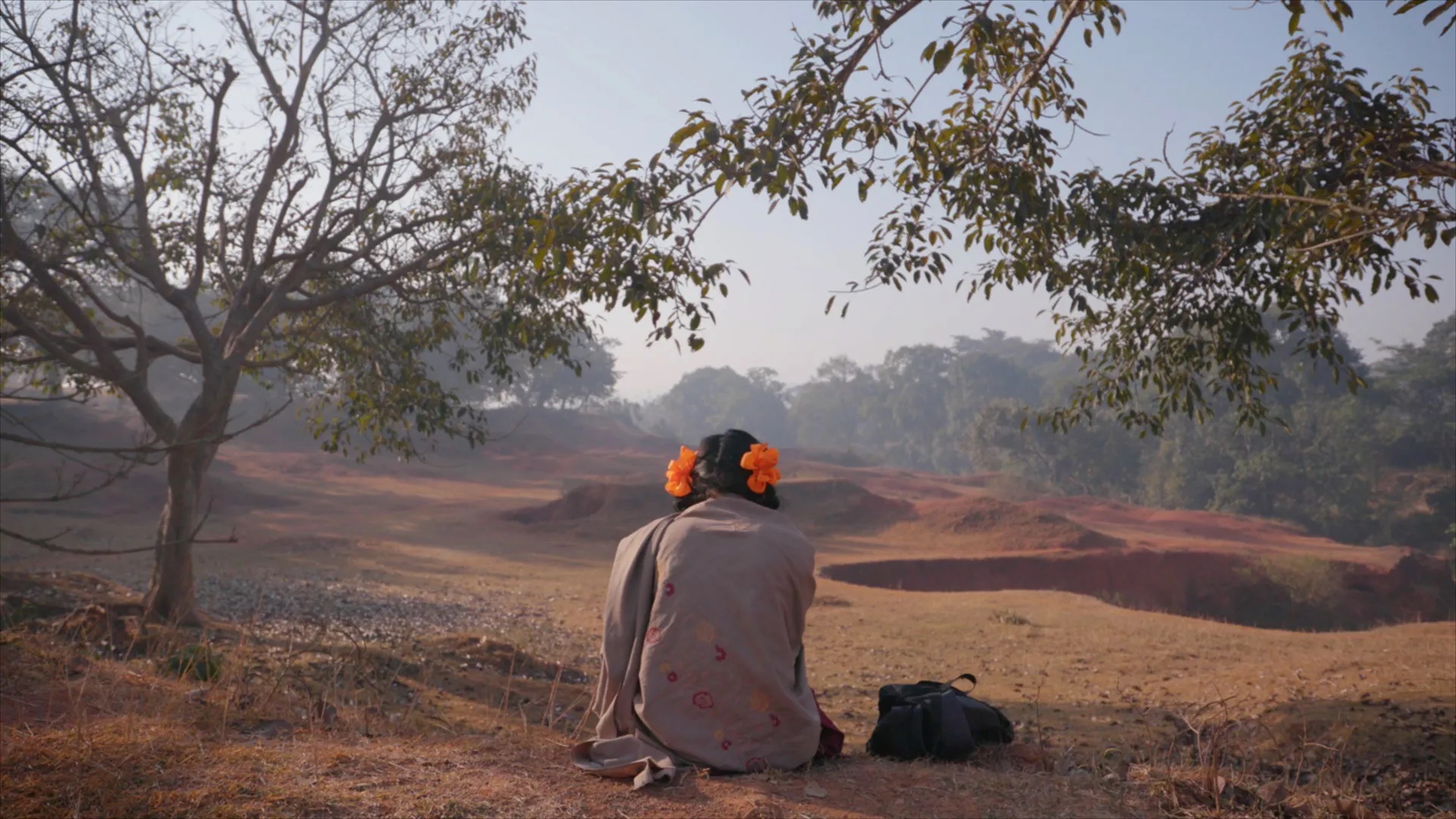
 x1
x1